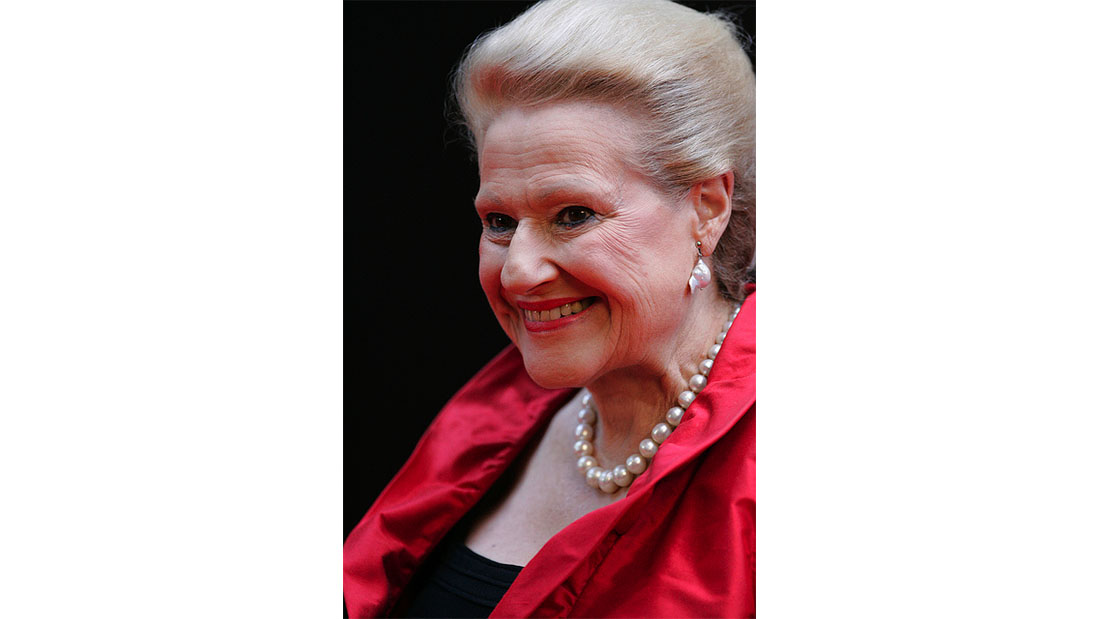
18 Aug How To Avoid Becoming The Next Bronwyn Bishop
No leader wants to be regarded as out of touch with the issues affecting their workforce. Similarly no politician wants to be viewed as out of synch with their electorate. They’d rather be seen as having their finger on the pulse.
Yet leadership has an insulating effect. It can narrow one’s focus and dims one’s judgement to a point where those around us are left shaking their head, wondering what we were thinking.
That’s precisely the situation that the recently resigned speaker of the Australian House of Representatives, Bronwyn Bishop found herself in when it was revealed that she’d spent $5,000 of public money to charter a helicopter from Geelong to Melbourne, a trip that might have cost $150 in a taxi. As investigations into her expense account continued a long pattern of indulgence at taxpayer’s expense was revealed. Rather than an momentary lapse of insight, a pattern was revealed.
Power and the trappings that come with it can seduce us. Bishop is not a lone figure when it comes to taking the privileges that come with the job for granted and feeling a sense of entitlement. It’s something I’ve written about previously in The Traps of Power, Privilege and Entitlement.
To avoid the sort of scandal that Bishop finds herself embroiled in, leaders need to be educated about power and strategies for avoiding common pitfalls that tarnish long and often distinguished careers. While audits, checks and balances are important for ensuring that unethical and fraudulent behaviours are avoided, they are not enough. Leaders need to be aware of the mindsets and biases that can develop over time when we hold power.
So what is about leadership that makes us start to lose perspective?
1. Power Is Noticed By Others
The power leaders hold, has potential implications for others. The behaviour of those in your vicinity is determined by how they think you will use your power.
2. Leadership Occurs In A Vacuum
Executive leaders are less likely to be challenged and their directions are more likely to followed, even when they are flawed.
3. Power Fuels Unrealistic Expectations
The pressure to meet expectations can mean employees agree to things they can’t deliver on for the sake of security and approval. Others may bend the rules in an attempt to curry favour.
4. Power Is A Magnet
There are those who are mesmerized by power. They will sing your praises and cater to your every whim. Don’t believe their false accolades.
5. Power Fuels Narcissism
Having high power is a hothouse for our narcissistic tendencies. It’s not merely a question of your own psychology but of the environment and dynamics around you.
While it’s flattering to believe that others’ deference is due to one’s exceptional talent, it’s dangerous. Understanding these common high power – low power relationship dynamics can help leaders to keep their own narcissism in check.
6. Power Creates A Vortex
The allure of power can distort the thinking and behaviour of people in its proximity. It can make them giddy or drunk. Keep an eye on the decision making of those in your orbit. How are they managing their power of association?
7. Power & Rank Have Benefits
Rank brings certain privileges and benefits – such as greater social mobility, the freedom to make certain decisions, purchasing power and influence.
The problem is that over time we start to take these privileges for granted. Individuals in high power positions begin to assume their benefits as a birthright and a reflection of our personal talents and attributes. We feel entitled.
8. Powers Insulating Effect
Having power and rank provides protection from many challenges that others face on a daily basis, such as job insecurity. The insulation power provides results in a skewed worldview that’s dangerous for decision making.
These themes are elaborated in greater depth in our Power At Work program, along with the dynamics of emerging power and having low power. Check it out.
Reflections
For now, why not share insights into how you manage the dynamics of power in your organisation or your own leadership?
What are you doing to ensure you don’t become the next Bronwyn Bishop?


No Comments